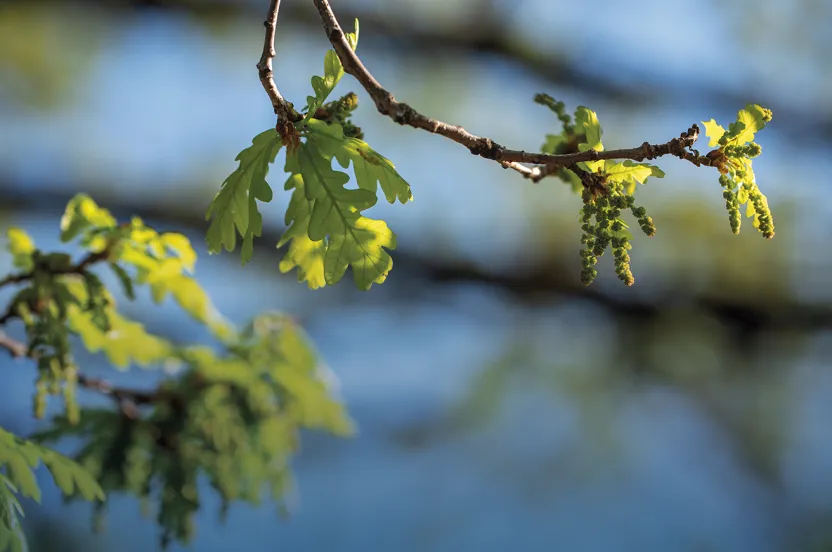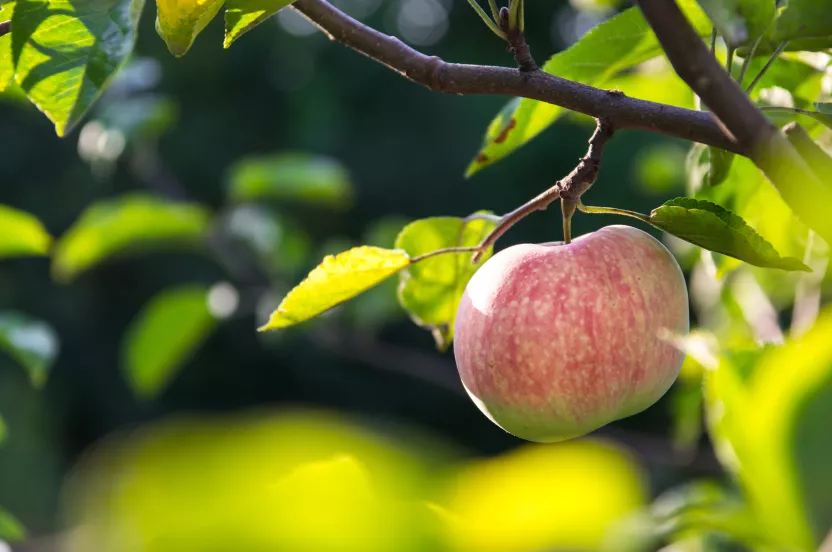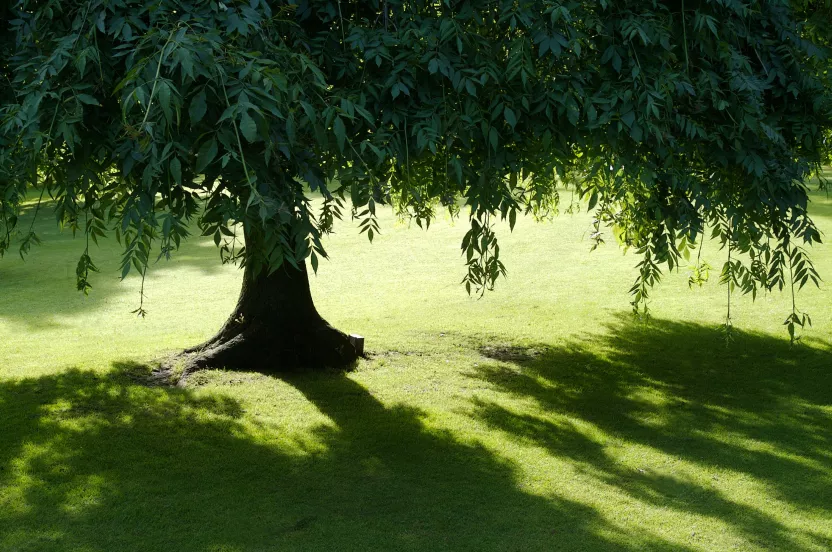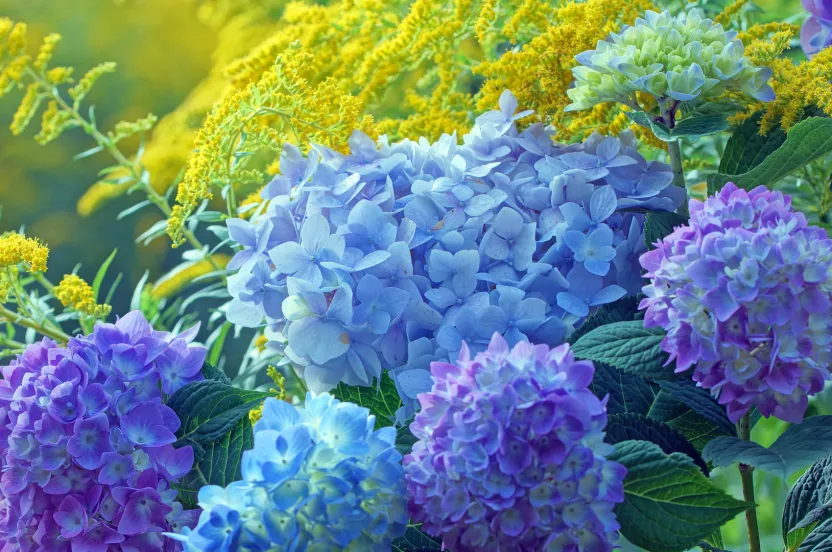Now live: The 2025 Canopy Report. Learn how Americans see trees. GET THE REPORT
Like presents from Santa Claus, mulch seems to be that mysterious gift of woodchips most people assume little Tree Elves leave in a nice layer around the base of some lucky trees. Not every tree, though, and certainly not in the same manner, because, let’s face it, if the Tree Elves were predictable people could do it themselves!
In all seriousness, though, mulch is an important aspect to the care and maintenance of a tree – and it often gets overlooked. As a certified arborist, I get many questions about trees and tree health from friends, family, and neighbors. One question that doesn’t get asked a lot, though, is about mulch.
Some neighbors mulch their trees every year. Some never do it. Some nurseries plant trees with 6-12 inches of mulch built up around the tree (entirely too much!) and others don’t leave nearly enough. Fear not, though…I’ll share with you a few of the main reasons and best practices for mulching so you don’t have to rely on the Elves to do it for you anymore.
What is mulch? Mulch is a protective layer of inorganic or organic material spread around the base of a tree. It can take many forms and color depending on what area of the country you find yourself, but some of the more common mulches are woodchips, pine needles, leaves, or compost mixes. Although inorganic materials, like stones or pulverized rubber, can be used for mulch, most arborists prefer organic mulches for the benefits they can provide to the soil upon decomposition.
Why do we mulch? Mulching is important for many reasons, especially for newly planted trees, but the most significant reasons are listed below:
- Mulch helps to lock in moisture and regulate temperature around the base of a tree so on a hot summer day your tree’s roots don’t dry out too quickly and on a cold day they are well insulated.
- Mulch provides a protective zone spreading out from the trunk of a tree that keeps lawn care tools, like mowers and weed whackers, from damaging the trunk of the tree.
- Mulch controls weed growth around the base of a tree that can sometimes cause competition for the growth of a tree.
- Over time, organic mulches can improve the soil condition, structure, and biology around a tree.
How much and where do you put the mulch? As a general rule, mulch should be spread around the base of a tree extending out to the edge of the tree’s crown (about 3 feet across) in a layer of about 2-4 inches thick. Always make sure the trunk of the tree is exposed and not covered by the mulch (about 3 inches from trunk to mulch is ideal). A mound of mulch that looks like a volcano with a tree sprouting out the top (Volcano Mulching) is NOT what you want around your tree. A good illustration of what you DO want is available at arborday.org.
When is the best time to mulch? If you are planting a new tree, make sure to water the tree slowly and then apply your mulch to help lock in the layer of moisture. After that, it’s best to check your tree at least once a year to see if a new layer of mulch needs to be added. When mulch is already present, check the depth and break up any chunks that may have formed so water can still penetrate the ground through the mulch. If additional mulch is needed, add that to the top of the current mulch (ensuring the final depth is still not deeper than 2-4 inches).
There is so much more that can be shared about the benefits and how-to’s of mulching but this should get you started so you don’t have to wait around for the Tree Elves to do the work for you. If you want to do it like them, though, just remember their 3-3-3 Rule: Keep mulch 3 inches from the trunk, 3 inches deep, and about 3 feet in diameter around the tree. Although not sponsored by the Elves, if you would like additional information, the International Society of Arboriculture has a great document on mulching and Bartlett Tree Experts has a resource available for download, as well.
Check out 9 Tree Care Tips & Techniques for other tree care tips to keep your trees in the best of health.
With a little mulch, water and TLC, you and your children (and neighbors!) will get to enjoy your tree for generations to come!
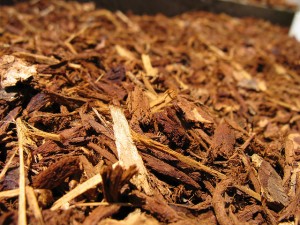
![figure-mulching-tips[1]](/sites/arborday.org/files/migration_allocation/figure-mulching-tips1.gif)
